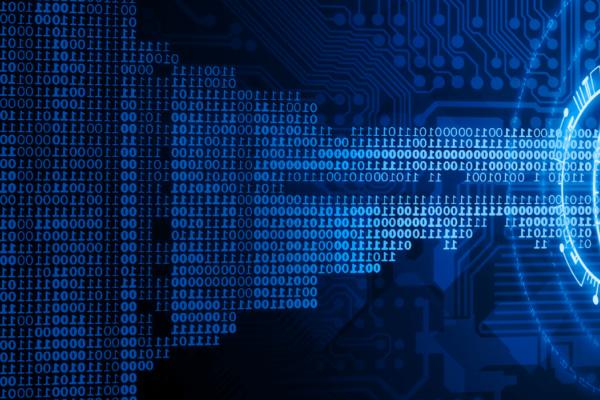Jul 12, 2017
America as a largely Christian nation is under scrutiny for its values and integrity. It’s an interesting time to be a person committed to faith in action. How does Christian faith inspire a response to these chaotic times?
Read the Full Article

Already a subscriber? Login
